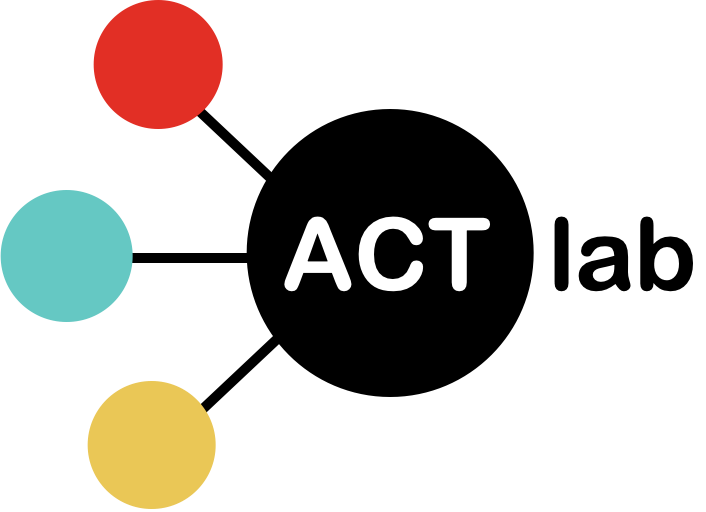The COVID-19 pandemic has had a significant impact on the health and autonomy of older adults, as well as the clinical and community sectors that serve them. Many marginalized seniors were further isolated as a result of pandemic-related confinement measures, leading to negative health effects such as motor and psychological deconditioning, while complicating access to needed services. One underlooked aspect of this situation is the increased strain it puts on informal caregivers of older adults. Twenty-five percent of people in Quebec are informal caregivers—many of which are older adults themselves—making them susceptible to a higher degree of vulnerability.
Since 2021, the ACT lab has been working on a series of FRQ-funded projects addressing these issues in partnership with Dr. Olivier Beauchet’s team at the Montreal Geriatric Institute (CRIUGM). Positioned at the intersections of telehealth, older adults, major neurocognitive disorders (dementia) and informal caregiving, these interrelated projects aim to co-create, develop and deploy two digital health tools intended to pre-emptively identify health risks and promote preventive measures in this population. These tools are CARE, an interactive health monitoring app based on self-assessments, and ESOGER (Évaluation SOcio-GÉRiatric), a web-based screening questionnaire intended for volunteers, professionals and caregivers, currently being used by the Québec Red Cross.
Responsible for the qualitative components of this research, the ACT Lab is focused on analyzing the ways older adults and their professional and informal caregivers use and perceive these tools, as well as how the latter may impact their relations. Following an iterative, living lab approach, the ACT team systematically brings stakeholder feedback to the CRIUGM team, which in turn integrates this feedback into new and improved versions of both CARE and ESOGER. More generally, ACT is keen to understand the social and community impacts around the adoption of such digitally-mediated health interventions.
Grants/individual projects:
- Co-développer et déployer une version améliorée d’ESOGER pour lutter l’altération de la santé physique et mentale, la progression de la perte d’autonomie et de l’isolement social des PA fragilisées en période de pandémie due à la COVID-19, afin d’améliorer leur qualité de vie et leur inclusion sociale; FRQSC grant, 2021-2024
- Améliorer le soutien des personnes proches aidantes de personnes ainées : L’approche laboratoire vivant; FRQS grant, 2021-2024
- Santé numérique et parcours de soins et services des personnes vivant avec un trouble neurocognitif majeur et de leurs proches aidants: approche participative et multipartite pour une télésanté adaptée et intégrée; FRQS grant, 2022-2025

